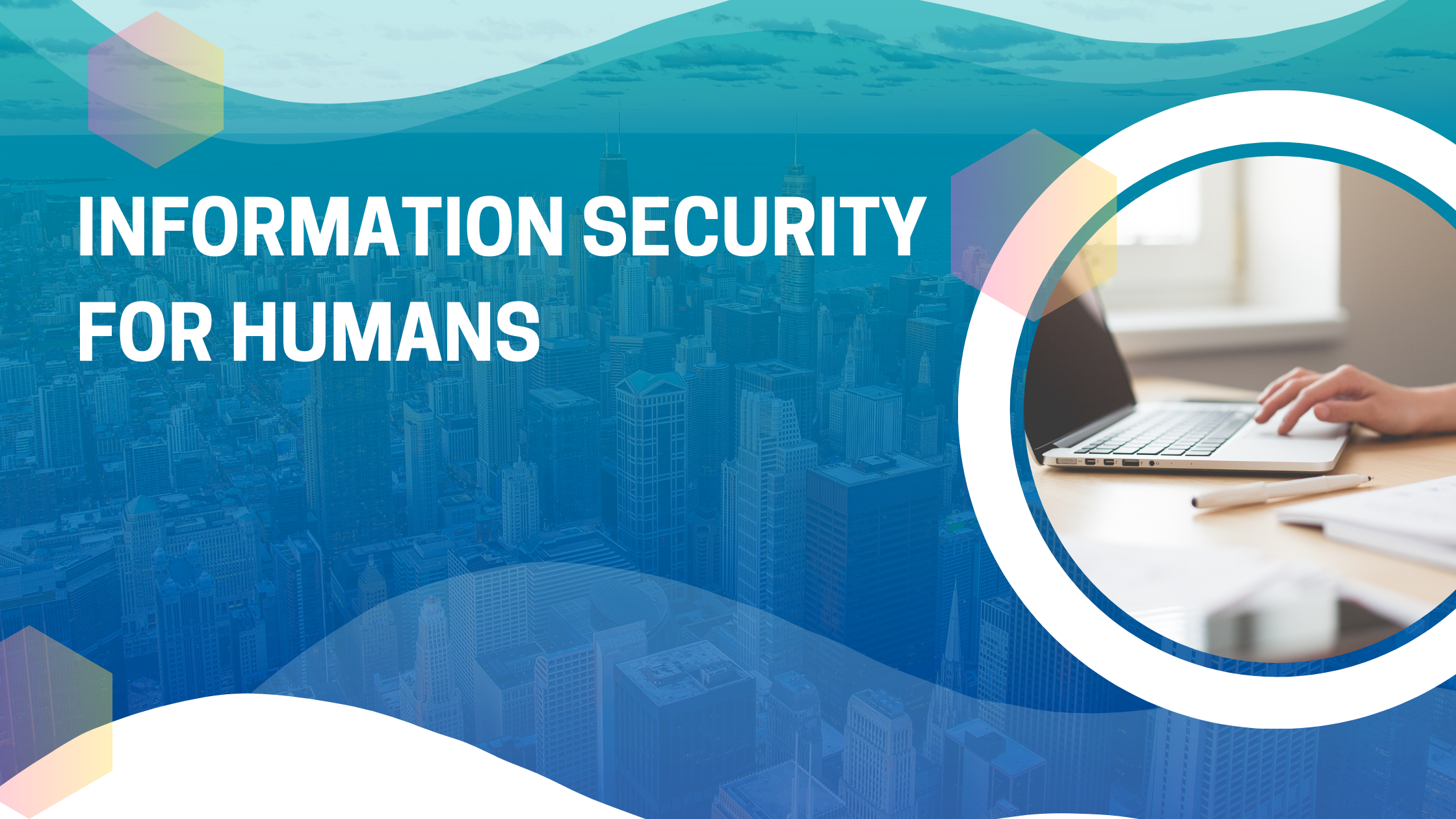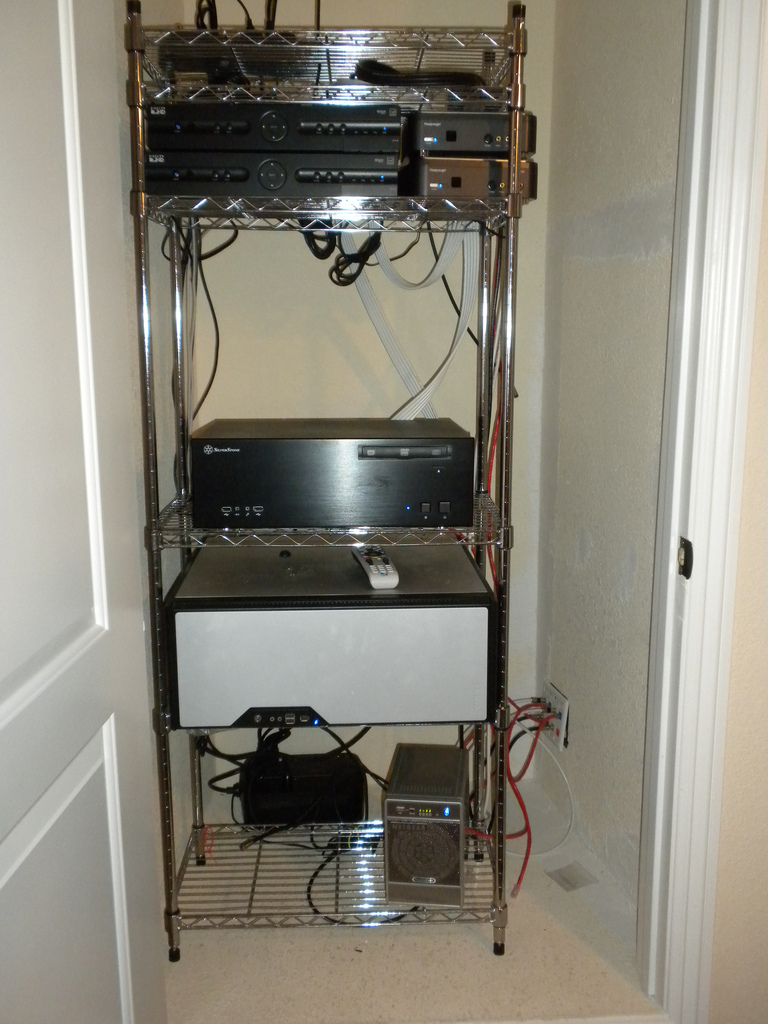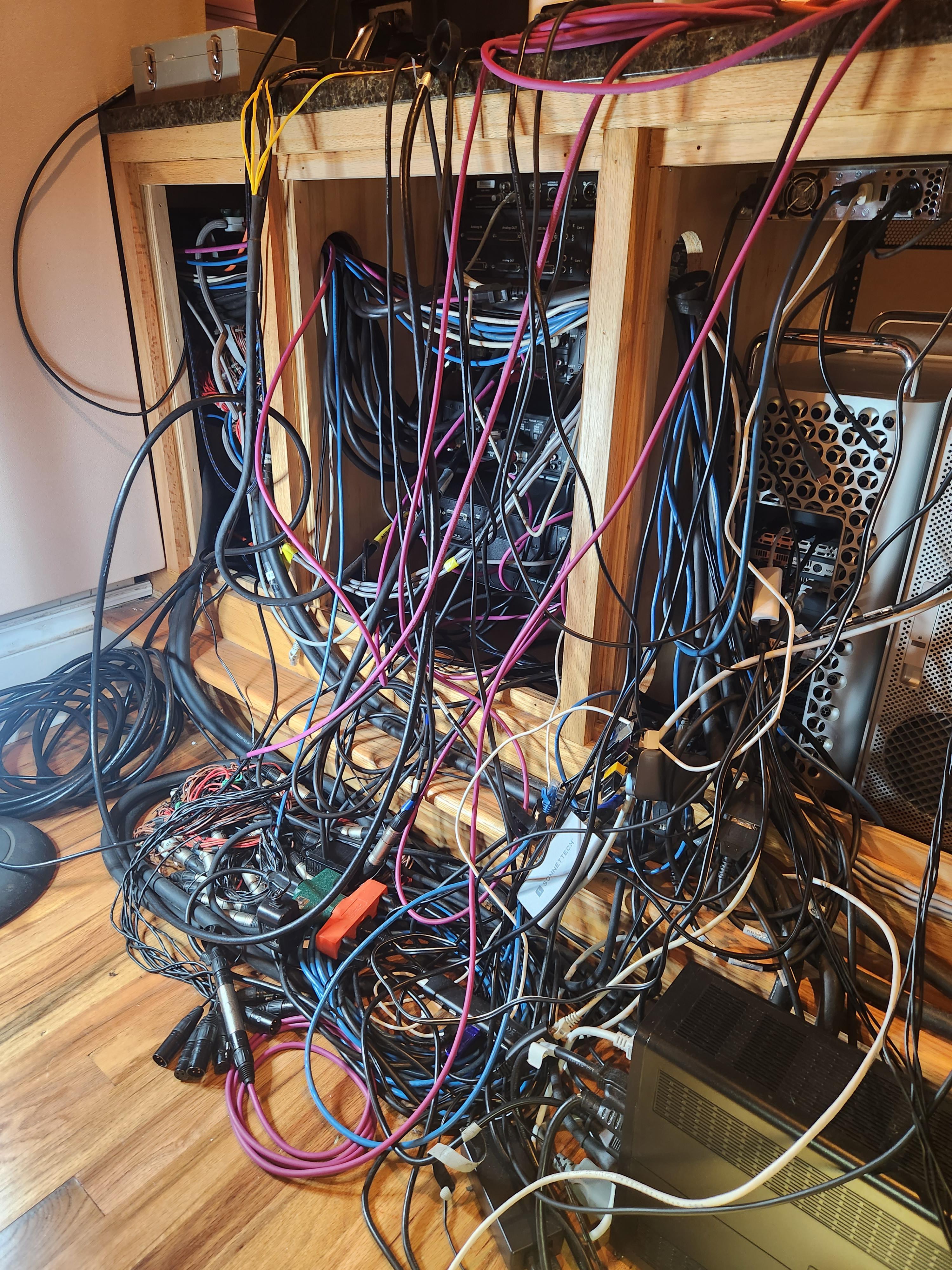
Uptime 3: Climate Change
Data centers with thousands of computers in concentrated amounts of floor space do have to expend enormous amounts of energy keeping things cool. Your home data center can almost entirely ignore this issue, except where your computers have to be enclosed.

At some point, you will want some of your servers out of sight. Any machine that provides some service via the network without being needed in front of you is a server. Home aesthetics will at some point demand that the thing get out of sight.
Your computer's case has one or more fans that circulate air through it for cooling. The fan draws in room air, heats it some with heat generated by the components operating inside, and then ejects it back into the room. A typical room is large enough to absorb this without moving the needle much on the overall room temperature, so the process can continue more or less indefinitely.
The problem you encounter when putting a computer into a closet is, soon after the door is closed the computer is drawing in and heating already rather-hot air, and the temperature in the closet starts rising. Much over 95F/35C, and you're going to start having components on your system board begin to behave erratically or fail.
So don't let things in there get too hot. Check if it's heating up steadily in there, and open the door a bit if you have to. If you can, add a vent at the bottom of the door, and an exhaust fan or two at the top. If you get a couple of 180mm fans that are designed to be installed is computer cases, you can probably work out how to power them outside a case, and you will find that they are really, really quiet.
Note: however you route your network cables in and out of the closet, be sure the door is not pinching them every time it opens or closes. Eventually, a conductor in there will break and you will get to 1) do a really "fun" troubleshooting session, then 2) shop for a new network cable.
Another thing you will want to avoid during the heating season is letting the air get too dry. If that happens, you will have a tendency to build up static electric charge on yourself as you move around. You can potentially zap your computers when you touch them, damaging random expensive things inside them.
If you can add humidity to your environment, do so. Get the relative humidity to about 50%, give or take 10%. But (and this is important!) do NOT use a misting humidifier, one that sprays droplets into the air to evaporate there. Be sure to use a humidifier that evaporates the water inside it, so the vapor that comes out is pure water. If your humidifier sends droplets of tap water into the air, when the water evaporates, it will let the salts and minerals dissolved in it float down to the surfaces in the room, forming a fine white dust that you will see everywhere. This dust has the potential to short out connections on printed circuit boards, causing all kinds of very expensive havoc.
Also don't let the wiring in your server closet get away from you. Like this guy did.


